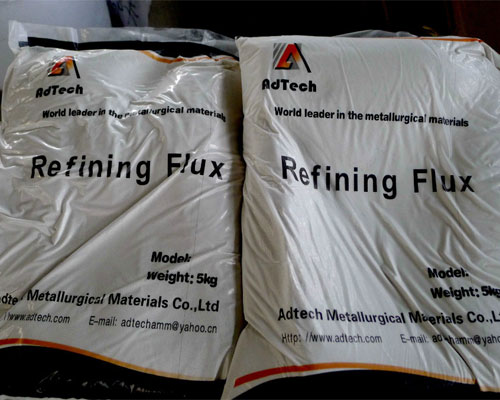Purdue Aluminium Flux Research announced last month that researchers have developed technology that can change aluminum’s microstructure to boost ductility and offer strength equivalent to stainless steel.
The technology is meant to do away with complications that arise in case of aluminum alloys during collision repair. As said by Professor Xinghang Zhang from Purdue School of Materials Engineering they want to improve the softness and low mechanical strength of some lightweight aluminium alloys, to make way for more widespread industrial application. High-strength, lightweight aluminium alloys with the strength of stainless steels, according to him, would revolutionize the automobile and aerospace industries.
Purdue Aluminium Flux Research
He believes once commercially available, this process can make aluminium closures even more attractive than they’re already expected to be for OEMs.
According to Purdue, the crystal lattice of a metal involves repeating atomic layers; scientists call absent layers “stacking faults” and dual layers of stacking faults “twin boundaries”. While copper and silver are receptive to stacking faults, aluminium’s higher stacking fault energy make it harder to artificially induce them.
The Purdue research team figured out how to increase strength and ductility and improve thermal stability in aluminium alloys.
The results show how to fabricate aluminium alloys that are equivalent to or stronger than, stainless steels. “There is a lot of potential commercial impact in this finding,” Zhang said in a statement.

As aluminum flux manufacturer, ADTECH is one pioneer following by the International Enterprise, who keeps focusing on the manufacture of the metallurgical material.
AdTech’s refining flux adopts the principle of molten metal mixing and bonding to research, develop and configure products. Reduce smoke and dust, reduce burning waste, and protect the environment economically.
Refining flux solves the traditional refining effect of large quantities of ingredients and ash output. AdTech’s refining additives are 1.5-2.0kg per ton, and the ash output is 0.8-1%, which meets the requirements of high-precision aluminum alloy casting, effectively increases the yield of molten metal by 0.6-0.8%, and achieves energy saving purpose.
Refining flux becomes uniform in size after proper heat treatment and sieving, which is conducive to transferring the aluminum in the refining tank with N2 or Ar gas as the carrier to the bottom layer of molten aluminum, thus completely solving the traditional blockage To ensure casting quality.

